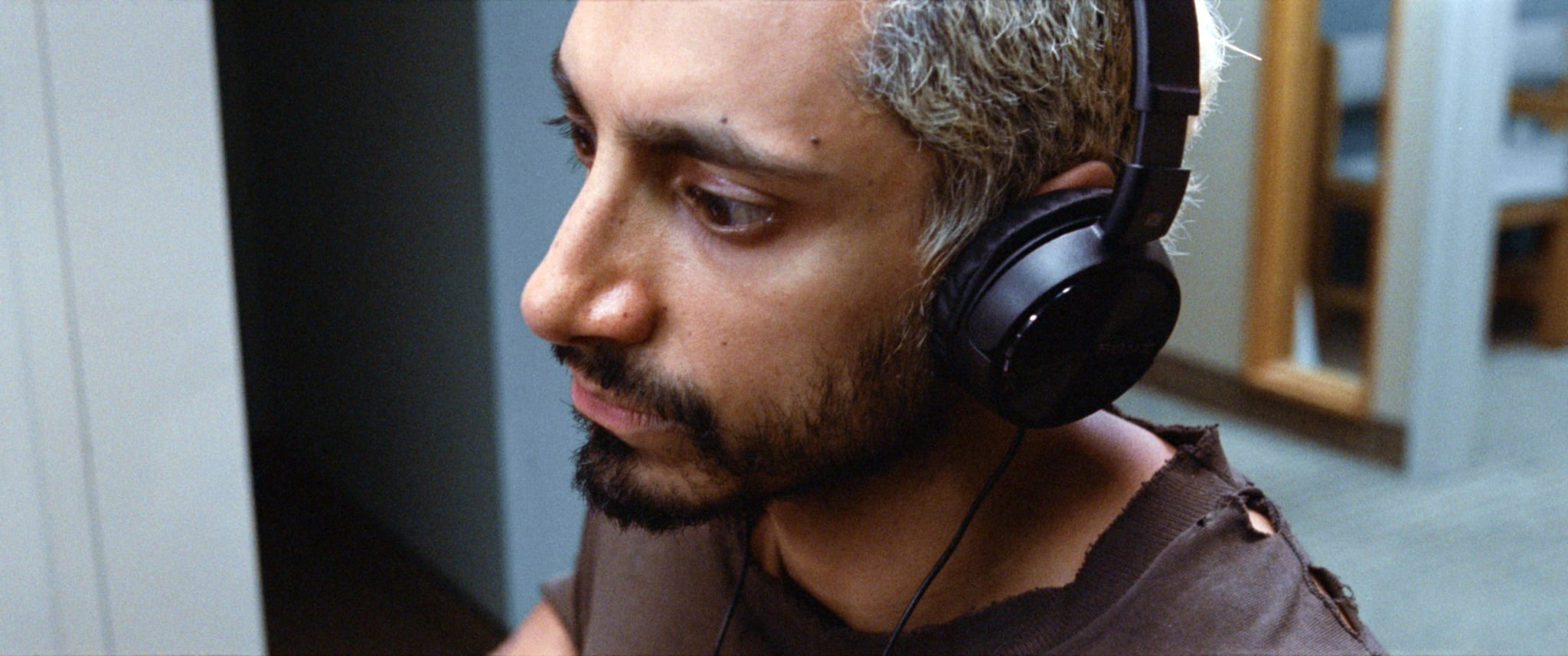Riz Ahmed’s latest film, Sound of Metal, depicts a heavy metal musician who starts losing his sense of hearing. Although it certainly feels like a “based on a true story” kind of movie, it’s actually entirely fictional — but Ahmed and the movie’s whole team worked to be sure that their depictions of hearing loss and the Deaf community were accurate and respectful.
Ahmed immersed himself in research in order to play Ruben, a heavy-metal drummer whose life and career are derailed by the sudden onset of severe hearing loss. A big part of that was working with members of the deaf community. “I’m here to listen to people’s experiences,” he told Screen Daily. “That’s the best thing you can do as an actor, on or off set — listen and learn.” Many of the actors in the film who portray Deaf characters are Deaf in real life, and Ahmed also spent several months learning ASL for some of his character’s scenes.
After the experiences of learning about the Deaf community and working on Sound of Metal, Ahmed found himself incredibly moved by the richness of communication he learned. “When you’re communicating with sign language, you’re communicating really viscerally with your whole body,” he explained to NPR. “I kind of felt like I was communicating more deeply and in a more connected way than I ever could have with words . . . You’re not hiding behind words, as we sometimes can in the hearing community.” He notes that the movie isn’t meant to depict a universal experience; it’s one, fictional story of how one hearing person might enter into the Deaf community. “The thing I realized very quickly in researching this world is there is no representing hearing loss at large. Hearing loss is a unique experience that’s different for everyone,” he told USA Today.
It wasn’t just Ahmed who worked to create a rich, full, and accurate experience around the movie’s depiction of hearing loss, either. “I had many conversations with people who have lost their hearing and not two people’s experience is the same,” Darius Marder, the film’s co-writer and director, told The New York Times. “But one thing that’s pretty much true for all people who are deaf is that they don’t lose sound entirely. It isn’t silence.”
At one point, as Ahmed’s character begins experiencing hearing loss, the creative team used earpieces to actually feed the actor a high-frequency sound, in order to garner a more realistic reaction. “He’s reacting to a very physical process,” Marder continued. “And that process gives way to a white noise in Riz’s ears in real time that doesn’t allow him to even hear his own voice, which is a very specific experience, to not be able to hear your own voice. It’s what gives rise to a loss of balance and a real loss of control.”
For his part, Ahmed says, he hopes that the movie works on a symbolic level. It’s not a true story, but its ideas about “noise” and listening go beyond the literal. “Being forced to step away from the noise of daily life might allow us to communicate more with ourselves,” he said to Screen Daily. “I hope we come out the other side with more clarity about what we’re doing and why.”
Source: Read Full Article



